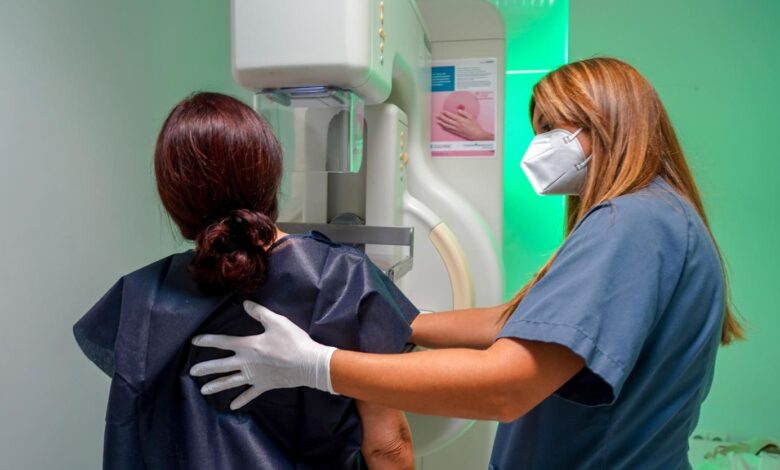Making Mammograms Automatic – Unintended Consequences Of A Behavioral Economic Intervention

The study conducted in Seville, Andalusia, Spain, aimed to test the effectiveness of automatically scheduling mammograms for patients. The researchers hypothesized that individuals who had to opt out of the test would be more likely to receive it compared to those who had to opt in. This theory is based on the concept that making a behavior the default option increases the likelihood of it occurring.
Numerous studies have shown that defaults play a crucial role in influencing behavior. For instance, automatically enrolling individuals in retirement contribution plans leads to higher participation rates. Similarly, setting the James Bond theme as the default ringtone on phones results in more people using that option. Therefore, the researchers expected that automatically scheduling mammograms would lead to a higher uptake of the test.
However, the results of the study did not align with the initial prediction. Despite being automatically referred for mammography, only 15% of women in both the opt out and opt in groups actually underwent the test. Surprisingly, the opt out intervention did not increase screening rates as anticipated.
Moreover, the opt out approach resulted in a higher rate of appointment cancellations. In the opt in group, 5% of women scheduled mammograms but later canceled, whereas in the opt out group, the cancellation rate was 24%. This unintended consequence added unnecessary workload for healthcare providers handling mammography appointments.
Although the study did not yield the expected outcomes, it serves as a valuable reminder of the complexity of behavioral interventions. Factors such as the target population, organizational structure, and financial considerations can significantly impact the effectiveness of such interventions. Therefore, it is essential to subject behavioral strategies to rigorous scientific testing to understand their true impact.
In conclusion, while the opt out intervention for mammogram scheduling did not produce the desired results in this particular study, it does not discredit the effectiveness of such approaches in other contexts. The research conducted by Leah Marcotte and her team highlights the importance of evaluating behavioral interventions comprehensively and underscores the need for evidence-based practices in healthcare and beyond.





